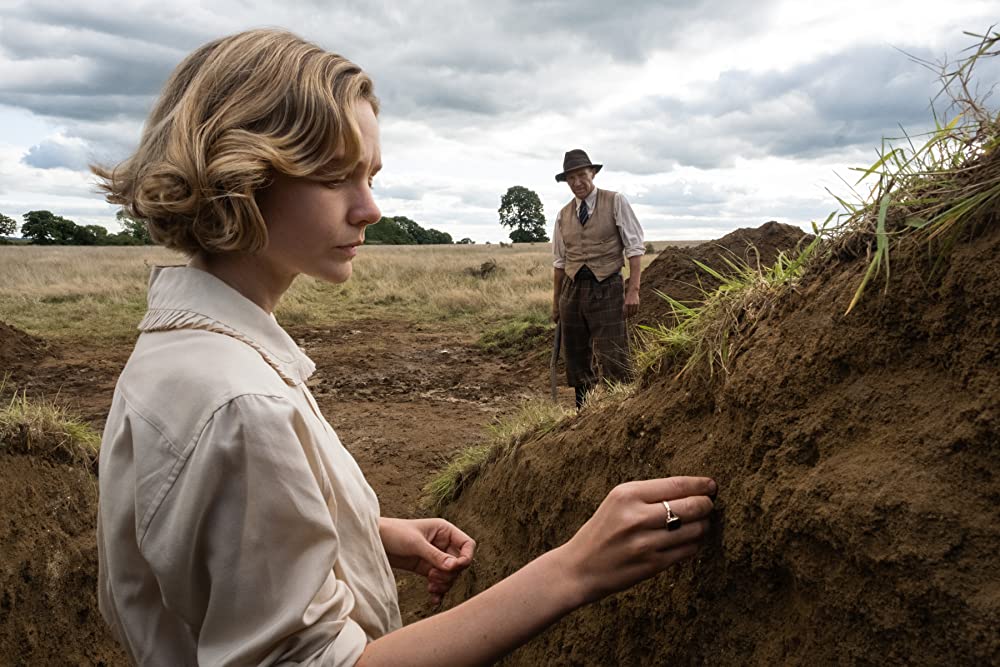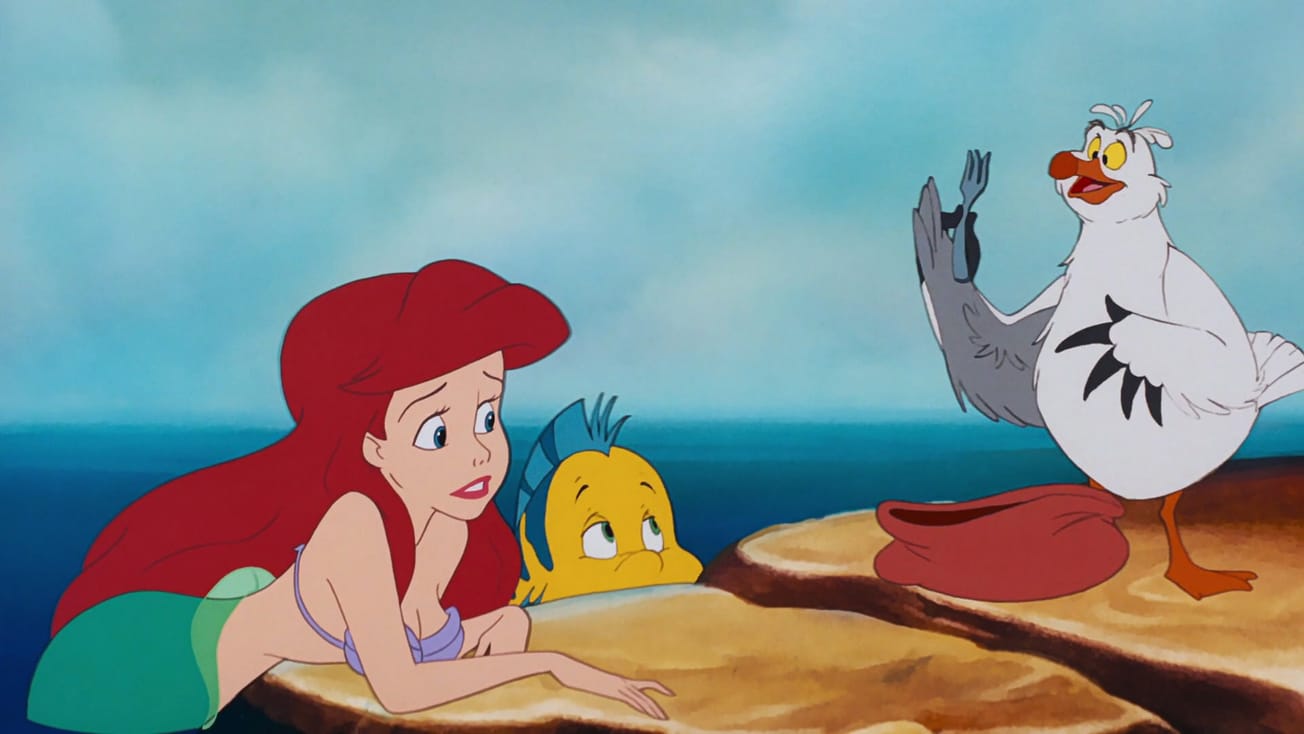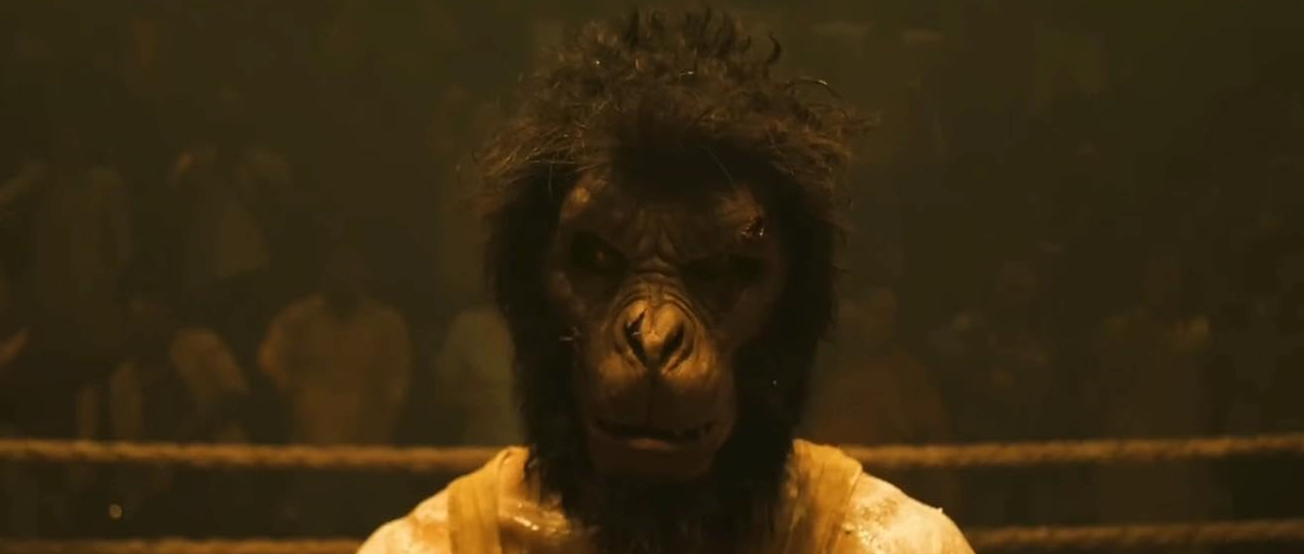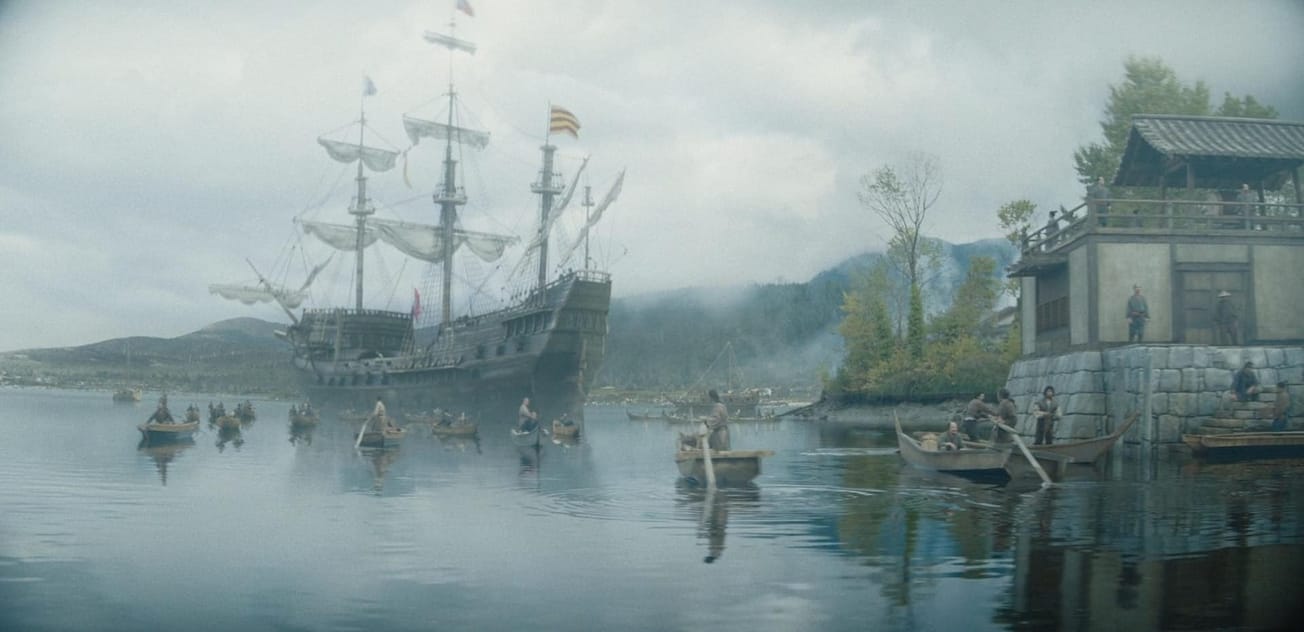By Ben Glennan, Third Year, Ancient History
Now available on Netflix, Simon Stone’s The Dig (2021) brings a uniquely authentic and entertaining look at archaeological excavation. Visually enticing, charming and melancholic, gratuitous drama and subplots hold it back from being an early year VOD essential.
Based on true events and adapted from the 2007 novel by John Preston, The Dig depicts the story of the Sutton Hoo excavation of an early medieval burial site and the personal experiences of those involved, set against the onset of the Second World War.
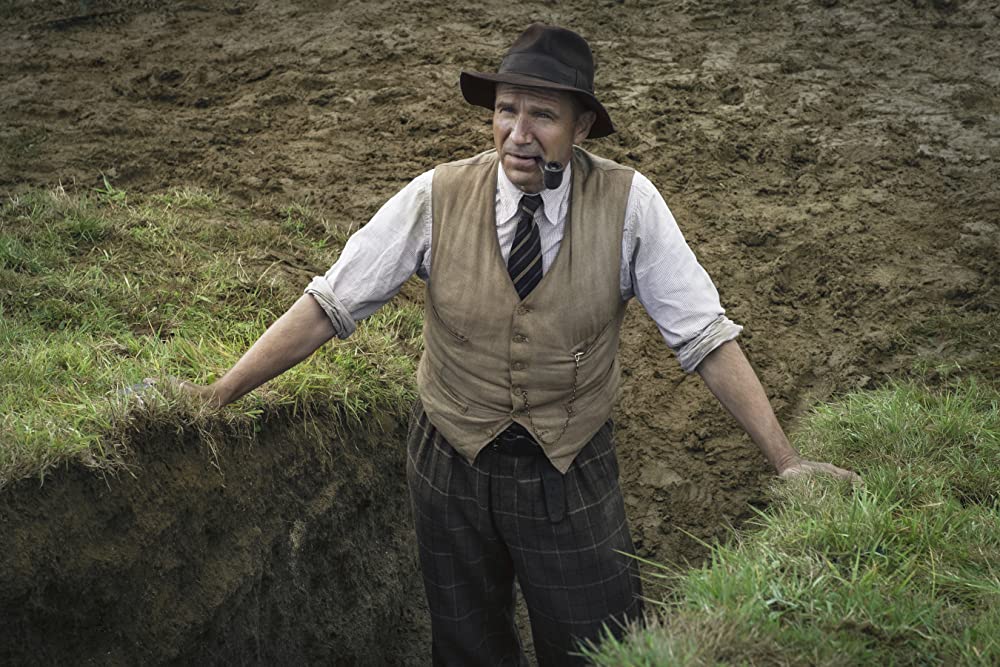
Generally, it is refreshing to see a film concerned with authentic, practical archaeology. When one thinks of ‘archaeology films’, Raiders of the Lost Ark (1981) inevitably springs to mind. Films that deal with real-life archaeology are few and far between - if pushed to list them The Mummy (1999) would come in just before that bit in Jurassic Park III (2001) where a raptor’s skull is brushed off delicately with a toothbrush.
It’s fair to say that the action-adventure side of archaeology is really what plays when it comes to cinema, but funnily enough, that aspect is not so prevalent in the real world. ‘The Dig’ offers a more realistic look at a rarely covered field in cinema and is at its most enjoyable when it is focused on the digging, tapping into the same pleasure centre as good old Time Team marathons.
Where the film falters is its focus on a handful of emotional strands and subplots that tie certain characters together. Ralph Fiennes and Carey Mulligan put in typically strong performances, but it was honestly hard to engage with or in fact care about the conflicts of other characters. Chief among these was a pathetic love triangle in the second half that felt entirely unnecessary and actually had a minor impact on the characters involved or the narrative of the film. The drama between characters often feels unnecessary or superfluous – the film is far more engaging when it deals explicitly with the excavation of the ancient burial site.
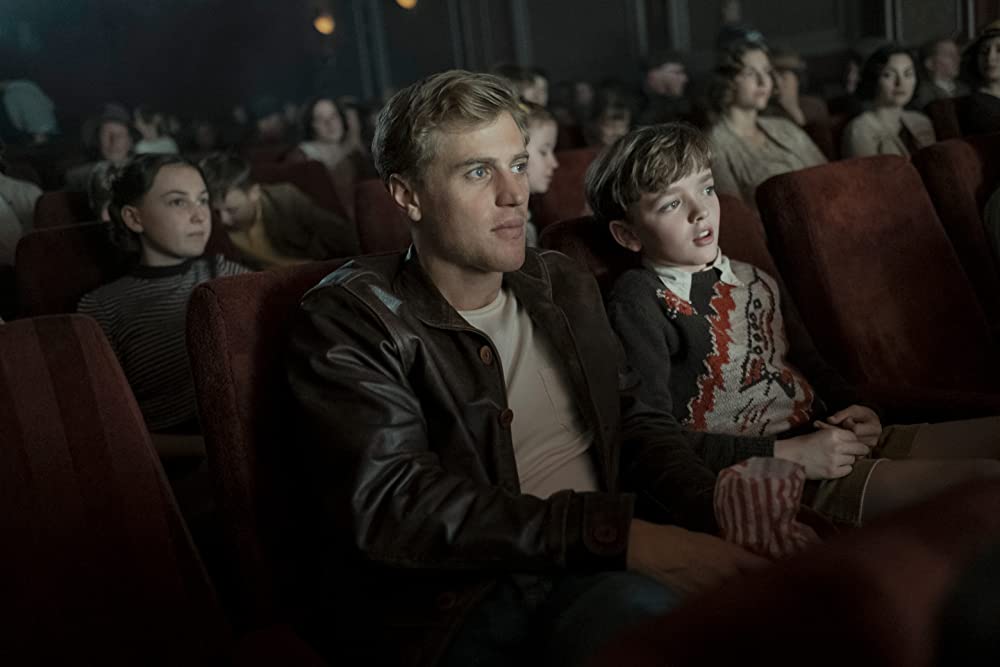
Overarching sentiment and the discussion of what we leave behind when we’re gone is effective to a degree; the conflict brought up by the historically unfair share of credit concerning the site itself was also engaging, but the film is hampered by the feeling of tacked on drama when it comes to certain characters.
Seven films to look out for in 2021
'It's a Sin' goes from great, to outstanding, to masterpiece
The English countryside is beautifully showcased alongside some gorgeous period interiors. Appropriately the film looks quite ‘earthy’, the grey skies and drab mud-caked clothing added to the feel as if a thin layer of dirt covered the lens at all times. The camera work is somewhat erratic throughout: some shaky cam and quick cuts are slightly disorientating early on, but overall the film thankfully doesn’t follow that trend of televisual looking Netflix films.
Ultimately, it is one of the platforms better original offerings. The film works when it’s about digging up the past, less so when it’s concerned with the still-living characters. Imagine the ‘Detectorists’ but replace the metal detectors with trowels and take out the jokes.
Featured: IMDb
What did you think of Ralph Fiennes performance as Basil Brown?

